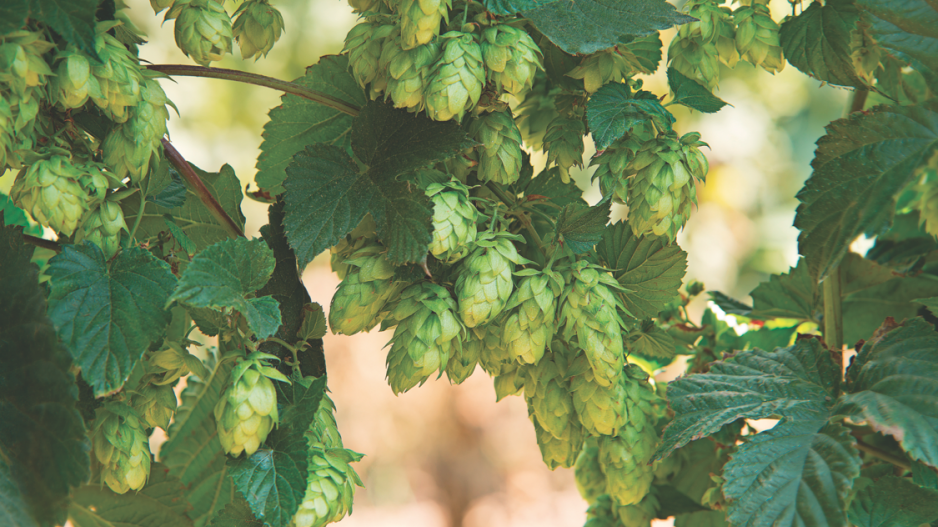Hipsters and beer drinkers are not the only ones benefiting from the recent growth in Metro Vancouver’s craft beer industry. B.C. hops farmers, who grow a key ingredient in the beer-making process, are cashing in on the rapidly expanding market.
“I thought it would be just a part-time thing. Ten, 20 acres and I’d sell to one or two craft brewers and that’d be a neat thing,” said John Lawrence, owner and CEO of Chilliwack Hop Farms. “Since then, the expansion has been phenomenal. We’ve gone from that first 10, 20 acres to around 200 acres now and growing daily.”
According to the Craft Brewers Association of British Columbia, craft beer accounts for 15% of the industry’s market share, and brewers are experiencing annual sales growth of between 15% and 20%.
Lawrence credits the success of his farm and the local growth in hops farming to the explosion of craft breweries in B.C.
Craft beer makers, he said, use four to five times more hops than larger breweries because they like the flavour the hops bring to the beer.
Before the province’s explosive growth in craft breweries, hops farmers had a limited customer base made up primarily of large, multinational brewers like Molson Coors (TSX:TPX.A) and Labatt.
Because of their size and buying power, the multinationals have been able to set the price for the hops supplied to them. But Lawrence said the introduction of craft breweries has helped reduce the pricing power of large brewers.
Small hops farmers have also been able to fill a market need for the wider range of hops required by craft breweries. Large hops farms that serve the big brand-name beer producers often have minimum purchase requirements that are too expensive for small breweries. That has created an opportunity for businesses like Chilliwack Hop Farms to buy a variety of hops in higher volumes from larger farms and meet the minimum purchase requirement. Chilliwack then sells the hops in smaller bundles to craft breweries.
Other local beneficiaries of the craft beer boom include makers of brewing equipment, much of which is produced by local metal fabrication shops. (See “Craft brew boom begets equipment crunch” – Business in Vancouver issue 1385; May 17–23.)
The increase in hops farming also means new job opportunities for British Columbians. Lawrence’s farm employs 16 people and hires an additional 20 people seasonally. When Lawrence started his endeavour, he said, he expected to be the only labourer. Chilliwack Hop Farm now supplies hops to more than 150 breweries across North America, Europe and China and plans to expand hops cultivation to 1,000 acres.
“The craft brewing industry has only exploded in the past few years. Prior to that it was all the big guys. There were a few craft brewers, but not a lot. You could count them on one hand,” said Lawrence. “Now it’s completely different; you have on average two craft breweries opening every day in the United States. It’s happening in every country in the world – China, Russia, everywhere. The market is huge.” •




